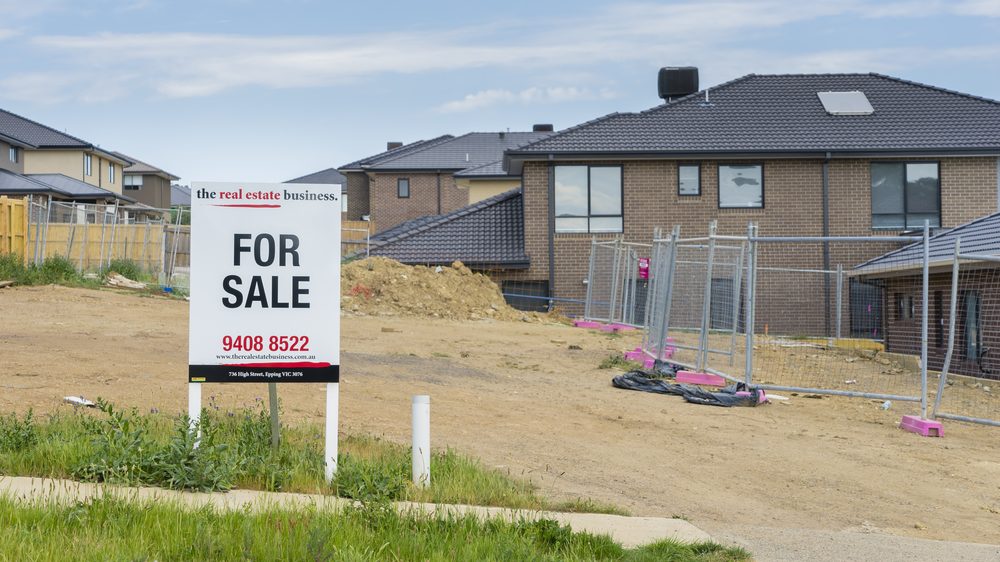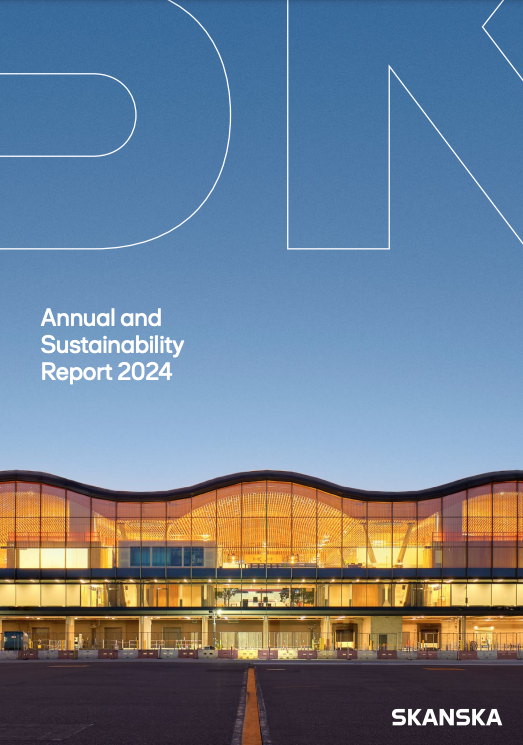Project Description

Five appealing reasons to become a property developer
CLIENT: DG Institute
PUBLISHED: DG Institute website/Facebook
ORIGINAL ARTICLE: Five reasons to become a property developer
CREATED: May 2018
AUTHOR: Fallon Dasey
With property development workshops springing up around the country, the sector is increasingly popular with people changing careers. Here, DG Institute Founder Dominique Grubisa outlines five reasons why you might want to become a property developer.
Back when you were at school and your guidance counsellor was talking about careers, the job of property developer probably didn’t pop up.
In those days, property development was very much a niche profession, the realm of those with large cash reserves and extensive experience in the property sector. Very little was available in the way of formal training, meaning property development was simply not an option for most people.
Fast forward to today and the world has changed. There’s better understanding of the important role property developers play in gentrifying neighbourhoods, in allowing for urban consolidation, and improving the quality of our housing stock.
The profession has also been somewhat demystified and is becoming an increasingly common career choice. The residential housing boom in Australia’s eastern states, property flipping shows like The Block, and record low interest rates have made many people consider whether property development could just be a viable career for them.
While the risks involved in property development can be high, so too can be the rewards. Those with a knack for development can enjoy lifestyles and incomes far superior to most salary earners. Not convinced?
Here are five good reasons that could influence your decision to become a property developer:
-
You want to take advantage of growing markets
In big cities, with land shortages in desirable areas and land values high, medium- to high-density housing is the stock in most demand as populations continue to grow. Some 725,000 new homes are needed to house 1.7 million extra people in Sydney by 2036. Melbourne is forecast to overtake Sydney as Australia’s biggest city around 2048, when both cities will be approaching eight million residents. By then the populations of Perth and Brisbane will each exceed four million. This means a continuous demand for new homes (which will mostly be apartments) and supporting infrastructure.
One of the strong growth areas in the near future is predicted to be ‘co-living’ accommodation, where people choose to live in supportive communities, rather than as isolated individuals. Think student accommodation, or even separated parents. Who will make this type of housing happen? Smart developers will.
There are also thousands of brokers and real estate agents advocating the qualities of property as an investment, providing a continuous flow of buyers and improving property prices over time and market cycles.
-
When you become a property developer, you are your own boss
Property development is not a passive investment like buying shares. Instead, you become a creator and an entrepreneur. You are in control of your own destiny and that can be satisfying. Through your own research, actions and capital, your own vision can come to fruition by improving or renovating existing buildings or rezoning and subdividing land and building on it. Many property millionaires started with small-scale, residential developments, forging a new, fulfilling path for themselves.
-
You want to make your money work harder
Low interest rates mean low returns on your cash investments. The stock market continues to be volatile due to global uncertainty. Meanwhile at a local level, residential property remains a safer and stronger investment.
You can learn how to leverage a small amount of equity to raise the full funding of a development, earning a significant return when the property is sold. Property development offers several cash flow strategies, such as funding projects by selling ‘off the plan’. It is also possible to increase your profit using innovative financing and negotiation techniques.
-
You want to take advantage of government incentives for property developers
Some states offer government incentives to boost residential development. Depending on the location of your project, you may be able to take advantage of these financial incentives. There are a number of tax incentives for private investors to invest in property development. These allow deductions for associated expenses connected to property development.
-
You want to fund future investments
If you decide to retain your development as a long-term investment, its value will continue to increase. It can then be used to fund future projects. This strategy also offers a level of insurance in case the market changes – you can always retain properties and rent them out for cash flow.
For more information on how to become a property developer, reserve your seats at the DG Institute’s Property Developer Workshop.



